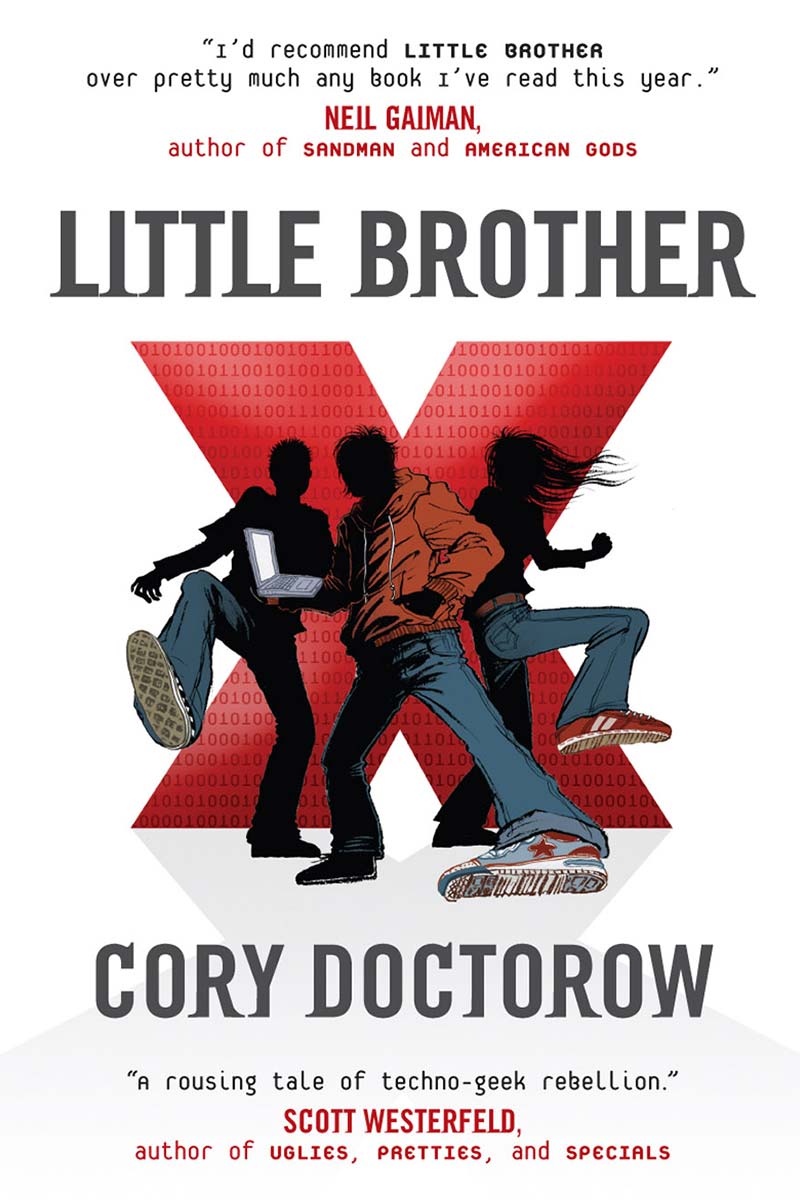
One of the coolest remixes that anyone’s done of my books has been the speed reader that Trevor Smith put together, which flashes the books one word at a time, at high speed, inside a Java applet. Though the words fly past so fast that they practically flicker, they are still readable — there’s some heretofore unsuspected talent buried in our brains for parsing sentences when rendered as rapid-fire flashcards.
Now Crutcher Dunnavant has adapted the speed-reader to run on Java-capable mobile phones, which makes sense: the screen on a handy is just the right size to show one word at a time.
(Thanks, Crutcher!)




























